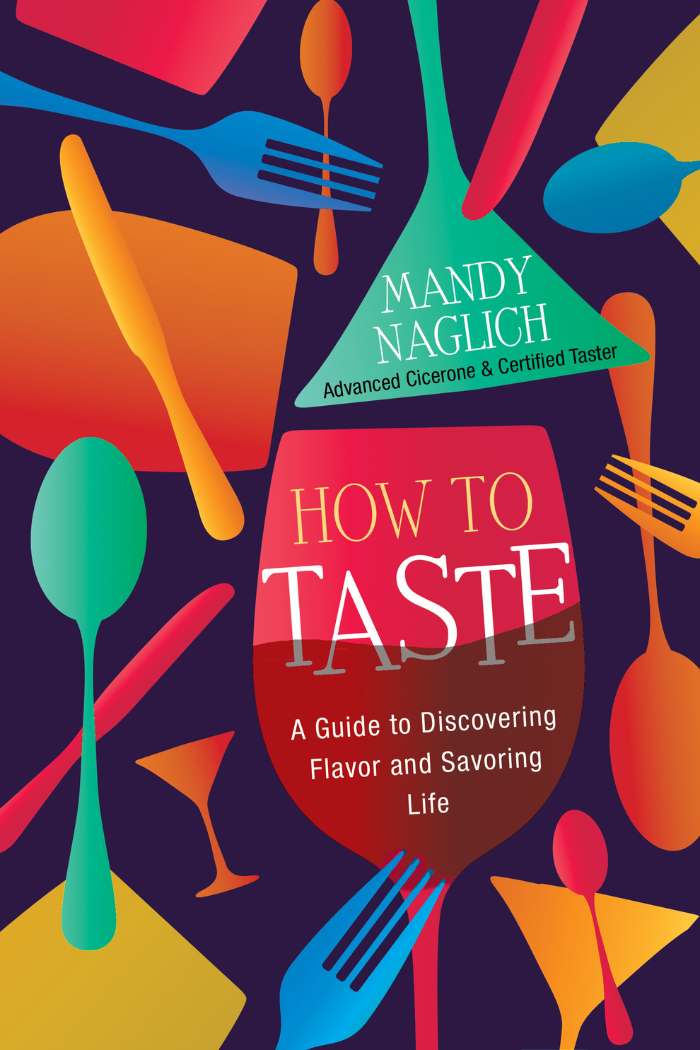What Can Food Preferences Reveal About Personality?
Scientists continue to uncover genes linked to recognizing a single compound (like violets) and those tied to making us more sensitive to tastes and smells. Beyond these pursuits they’ve also endeavored to tie our sense of taste and smell to other parts of our world including, in this case, personality traits. What can your favorite cocktail tell us about how you’re likely to act in a stressful situation, or when meeting new people? It’s probably more informative than you think!
The Bitter Truth About Bitterness
I am a bitterness lover. Amaros feature prominently on my bar and most cocktails I order have Campari as an ingredient. I say this so you know I’m not biased when I tell you that science says, “General bitter taste preferences emerged as a robust predictor for Machiavellianism, psychopathy, narcissism and everyday sadism.”
The writers of this study were clearly going all in with their descriptors of the personality defects of bitter flavor lovers. However, think about the connotations the word “bitter” has in society. Generally we think of bitter in a negative light. In fact, scientists have looked into this, too, and yes words associated with bitterness are negative.
It is important to note that liking bitterness is just a tiny part of a person’s preferences and personality,and it’s certainly not enough to definitively predict how people behave in day to day life.
Sweetness for a Sweetie
On the opposite side of the flavor spectrum is sweetness. People that have a preference for sweet flavors are proven to be more “prosocial.” Specifically the authors write, “individual differences in the preference for sweet foods predicted prosocial personalities, prosocial intentions, and prosocial behaviors.”
This is social psychology speak to describe a person that is agreeable, outgoing, and generally positive. A liking for sweetness is an attribute that scientists found to be tied to a single gene on chromosome 16.
Even if you don’t have the sweet gene you can still benefit from the influence of sweet flavors on demeanor. The powers of sweetness on personality are so strong that a moment of savoring something sweet is enough to briefly make a person more agreeable.
Sensitivity and Intensity
Specific flavor preferences are not the only taste indicator of personality traits. People with highly sensitive palates, that reliably rate foods as “more intense” than the general public have a tendency toward psychopathic actions.
The study says, “Moreover, higher psychopathic traits were associated with higher taste intensity ratings, suggesting psychopathy may be associated with increased taste sensitivity.”
This could mean that supertasters (who experience taste stimuli including bitterness as more intense than the rest of the population) correlate with some psychopathic behaviors.
No, Diagnoses by Taste Bud isn’t a Thing
There are many behavioral clues we can glean from people’s taste preferences and eating behaviors. Charles Spence has an excellent outline compiling many of these clues in this review. All of these studies, even the ones that prove the same hypothesis time and time again, can not act as a diagnosis or replace professional care or advice. In fact, even the study that related bitterness to extreme personality traits explains that this may simply manifest as thrill seeking behavior rather than a wholly negative disposition.
Think of a person’s palate as an interesting insight into their behaviors and choices, and not as their whole personality.
How to Taste: A Guide to Discovering Flavor and Savoring Life
If you’re interested in how our senses of taste and smell impact our everyday life, check out my book: How to Taste.

